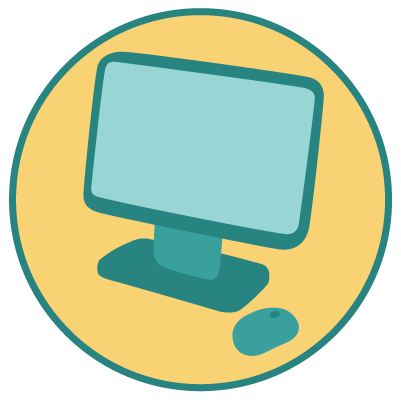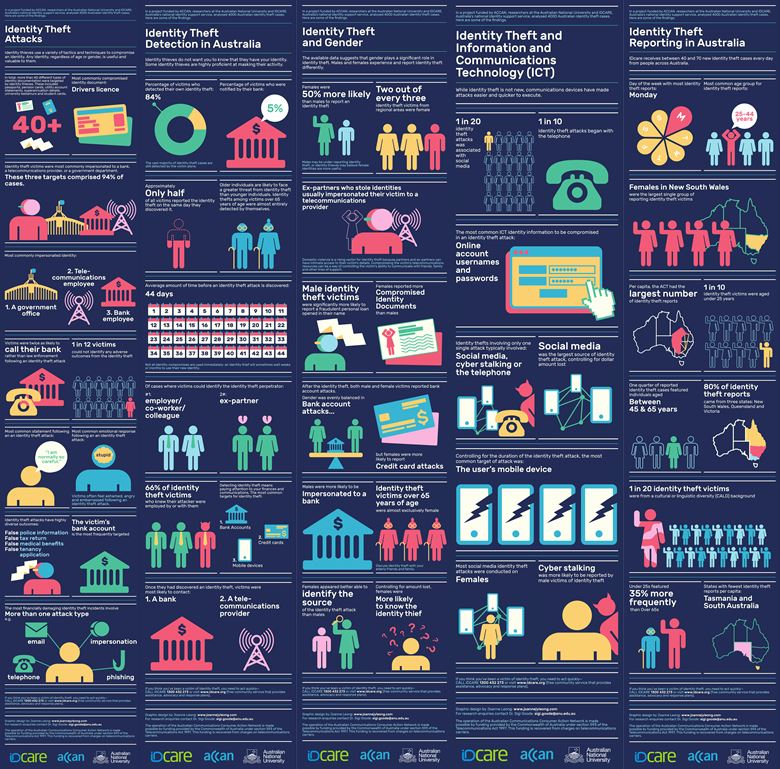Key Dates
Next Grant Round:
Applications for funding will open early 2025.
> Information about our Grants Program
Independent Grants Panel:
Results of the recent EOI will be notified Dec 2024.
> Information about our Panel
We can help: grants@accan.org.au
or phone 02 9288 4000
Subscribe to Grants Program mailings
ACCAN recently commented on the Treasury’s Scam Prevention Framework – exposure draft legislation (SPF).
ACCAN’s submission sets out our concerns with respect to fundamental incentive problems in the SPF which make it impractical and unworkable and concerns regarding the interaction of the SPF and the Telecommunications Act 1997 (Cth).
Read more: Scams Prevention Framework – exposure draft legislation
In 2012 ACCAN produced its first national survey to support campaigning and advocacy. The survey investigated consumer experiences, perceptions and concerns amongst Australians aged 18 year or more. In 2013 ACCAN commissioned McNair Ingenuity Research to conduct a follow-up survey utilising many of the same questions as the previous year to allow us to track changes in the market.
Summary of ACCAN's activities from 1 June to 31 August 2014.
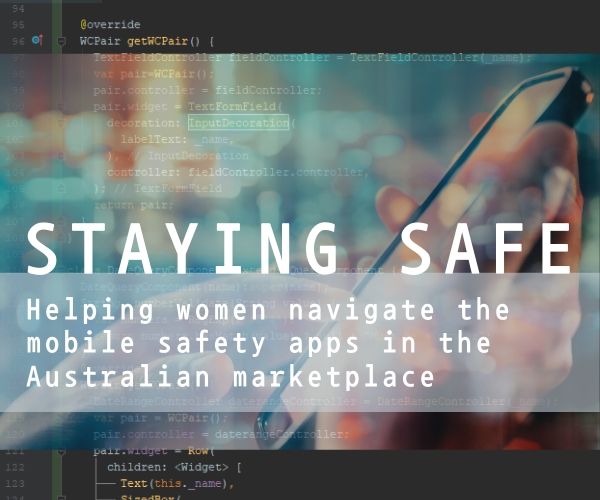 WESNET (Women's Services Network) Incorporated
WESNET (Women's Services Network) Incorporated
Grant round: 2019
Amount: $49,807
Unwanted text messages can be incredibly annoying, especially when it feels like you can’t do anything to stop them. However, some text messages can be sent with the intent to cause harm and need to be treated with caution.
Scamwatch reports that Australians lost over $1.4 million to scam text messages in January alone. According to that report, text messages are now the most popular method for scammers to target people. While both the government and the telecommunications industry have announced that they’re looking into solutions for this problem, there are still a few things you can do to keep yourself safe.
Read more: Spotting Scam and Spam Text Messages
Write comment (75 Comments)![]()
Mobile Devices - Australian Capital Territory
Read more: Affordable Mobile devices - Australian Capital Territory
Telco consumers fed up with SMS scams will soon be able to more easily distinguish between legitimate and fraudulent texts, thanks to new proposed legislation.
ACCAN welcomes the introduction of legislation to establish an SMS Sender ID Register by the Minister for Communications Michelle Rowland in Parliament today.
Read more: Consumers welcome legislation to stem the tide of SMS scams
ACCAN recently submitted to the Department of Climate Change, Energy, The Environment and Waters’ Circular Economy Ministerial Advisory Group (CEMAG).
ACCAN supports the CEMAG’s identification of the ‘right to repair’ as an activity the government should consider pursuing in the product design and use space.
Read more: Circular Economy Ministerial Advisory Group Interim Report
From workshops with members of the Deaf community, consultation with experts, and literature research, the WA Deaf Society, supported by a grant from ACCAN, created accessible videos showing people how to avoid romance scams, lottery scams, credit card scams, and other scams on the Internet and produced a short report.
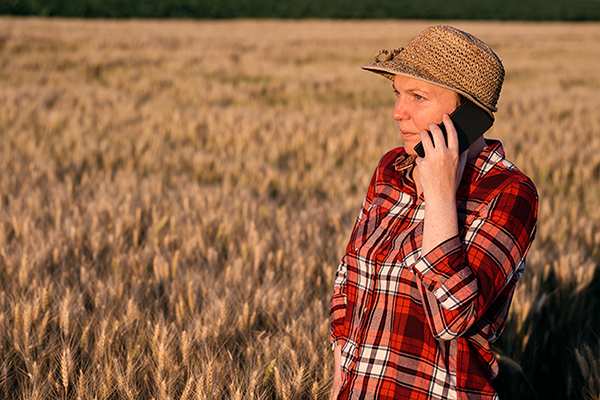
Broadband for the Bush Alliance
Grant round: 2017-18
Amount: $51,005
Read more: Internet and telecommunications services in rural Australia – an evidence based approach

According to the eSafety Commissioner, 26% of kids and 75% of teens are using Facebook, and 24% of kids and 70% of teens are on Instagram. The stats are similar across various other social media sites and digital platforms, particularly as we’re seeing social media become the main form of communication for young people.
With more and more children using social media as their main form of communication, it’s important to consider what parents can do to keep them safe online.
Read more: Protecting your Child on Social Media
Write comment (0 Comments)![]()
Accessible Telecoms, a service run by the Australian Communications Consumer Action Network (ACCAN) has today launched a new resource to help consumers check their devices will work after the shutdown of 3G networks.
Accessible Telecoms provides consumers with free information, tips and training about accessible products and software. Today, they are launching a 3G shutdown tipsheet to help ensure their audience isn’t left behind. The tipsheet walks consumers through how they can check their connected devices and, if necessary, replace devices that aren’t compatible post-shutdown.
Read more: Accessible Telecoms launches resource to help consumers navigate 3G shutdown
ACCAN recently submitted to the Australian Competition and Consumer Commission’s (ACCC) public inquiry on the access determinations for the voice interconnections services discussion paper.
Read more: Public inquiry on the access determinations for the voice interconnection services
New research from the University of Melbourne and Swinburne University has found that 82% of households in the NBN first release site of Brunswick, Victoria, think the NBN is a good idea.
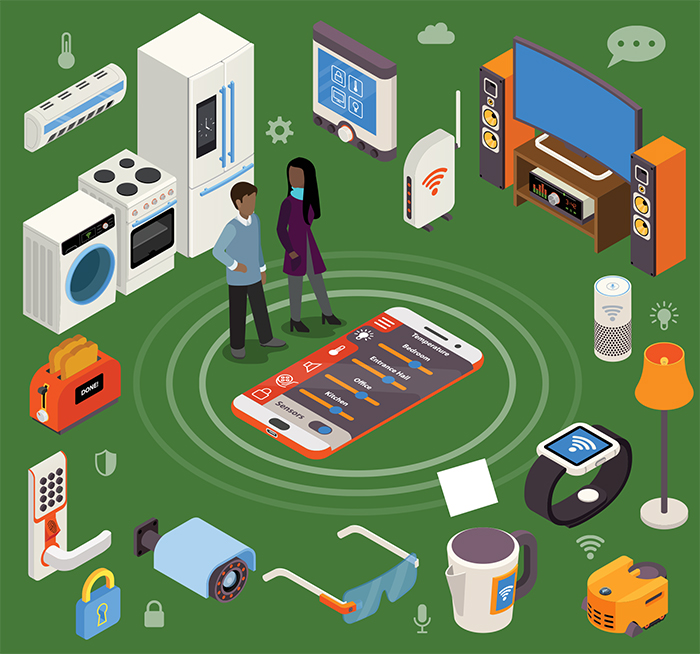
University of New South Wales, School of Electrical Engineering and Telecommunications
Grant round: 2016
Amount: $50,000
Read more: Inside job - Security and privacy threats for smart-home IoT devices
 Working from home has become an environment that many of us have become familiar with recently. However, home offices often aren’t set up as effectively as usual places of work. This means you may
Working from home has become an environment that many of us have become familiar with recently. However, home offices often aren’t set up as effectively as usual places of work. This means you may
not be able to guarantee access to the internet all the time, or that you may not have the speeds you need to work efficiently. Below are some steps you can take to ensure that you have the best possible working from home set up.
Read more: Handling outages while working from home
Write comment (0 Comments)![]()
Disclaimer:
This list is to be used for guidance only, and inclusion on it is not an endorsement or recommendation. This website is not intended to be a substitute for independent advice.
This list is intended to be a work in progress and ACCAN encourages feedback from the broader community on recommended improvements to the site and its contents. If you find some of this information incomplete or out of date please contact us at This email address is being protected from spambots. You need JavaScript enabled to view it..
The Board of the Australian Communications Consumer Action Network (ACCAN) today announced the appointment of Ms Carol Bennett as Chief Executive Officer for the organisation with effect from 8 July 2024.
Carol is a highly respected leader with a remarkable track record of delivering positive change for consumers and communities in all her previous CEO roles. She has outstanding expertise in strategic decision-making, communications, advocacy, stakeholder management, financial performance, collaboration building, government relations and corporate governance.
ACCAN recently submitted to the Department of Social Services’ consultation on the Review of Australia’s Disability Strategy.
ACCAN notes that accessible communications and technology are central to the success of the Australian Disability Strategy (ADS).
The Mobile Matters report by project coordinator Leo Fieldgrass details the findings from a year-long youth participatory action research and advocacy program that involved over 100 Melbourne VCAL students. The student researchers documented the challenges faced by them and their peers and made recommendations to industry for changes to better support young consumers.
Students from the Youth Advocates Project by the Brotherhood of St Laurence have a clear message for telcos and regulators: "We want you to understand what it's like to be a young mobile consumer: we don't just use mobiles for mucking about. We use them for jobs and shifts, school, parents, and emergencies".
Australian National University, Research School of Management
In partnership with IDCare, and the University of the Sunshine Coast, Centre for Human Factors & Sociotechnical Systems.
Grant round: 2016
Amount: $44,965.50
Read more: Understanding Consumer Identity Theft Risks Across Communications Media
NetThing 2021 Speech by ACCAN Acting CEO – Andrew Williams
- CHECK AGAINST DELIVERY –
Building trust is a slow process. One that takes time, ongoing effort, and maintenance.
Conversely, losing trust can happen in an instant. One bad call, one misstep, and years of cultivating trust can be in jeopardy.
According to the 2021 Edelman Australia Trust Barometer, social media companies are the least trusted of all industries, falling well behind telecommunications, and even financial services.
The 2021 report shows that technology companies were the only industry to lose trust from 2020-2021, rather than gain it from Australians.
As the consumer voice for communications consumers, these statistics are not shocking or surprising to ACCAN.
We engage with consumers and advocates daily who express concern about a wide range of issues from misinformation spreading online that impacts their communities, to cyber abuse, to being unaware of their rights when using digital platforms.
Read more: NetThing 2021 - The role of consumers in building trust in digital platforms
Write comment (0 Comments)Telecommunications consumers experiencing domestic and family violence must see mandatory protections through direct regulation, say consumer advocates, in the wake of an important speech by the Chair of the ACMA which raised questions about the effectiveness of the current co-regulatory regime.
Consumer advocates including the Australian Communications Consumer Action Network (ACCAN), the Consumer Action Law Centre (CALC), the Centre for Women’s Economic Safety (CWES), and the Economic Abuse Reference Group (EARG) represent and assist consumers in vulnerable circumstances, including those facing DFV.




